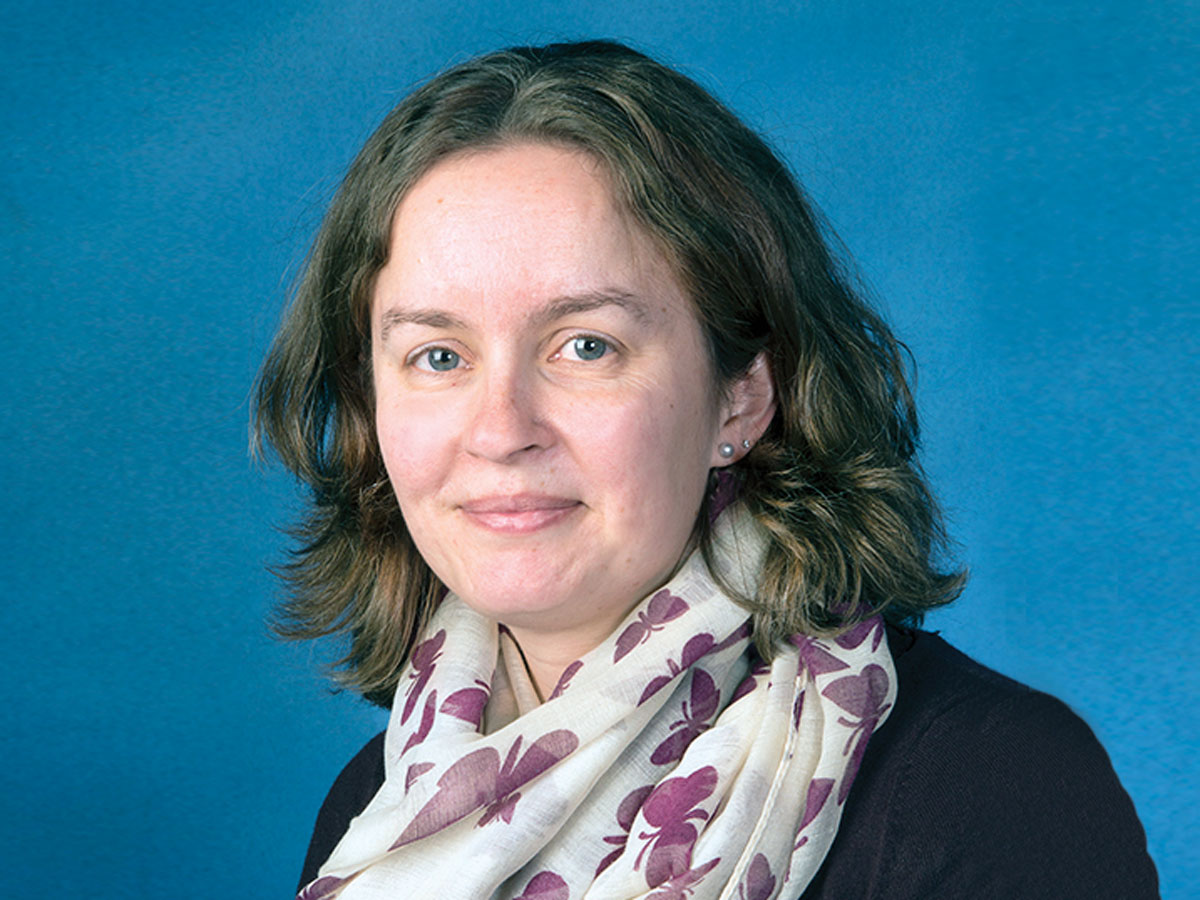Competence, commitment and credibility

Picture: © Jenny Boxwell
When I think about Continuing Professional Development (CPD), one of the first words that jumps to mind is ‘opportunities’ – those we make and those we take. I was privileged to receive an invitation to present at the recent Royal Society of Chemistry General Assembly in Manchester. I felt it was a fantastic opportunity to support my CPD.
So, why is CPD important? Of course there are two points of view to consider – the individual/employee and the company/employer.
The value of CPD is significant. Companies that support and encourage CPD for all their staff will be rewarded with the ability to not only recruit highly-skilled individuals, but also retain them. Competition for such individuals - particularly in the chemical sciences - is fierce and the importance and value of training and development plans for employees, along with clear career paths and mentors (where necessary), should not be underestimated. It is in the interest of every company, no matter what their business is, to ensure staff achieve their maximum potential. This in turn provides real benefit to the UK skills base.
From my own perspective, CPD increases confidence and motivation, instils individual pride and provides a sense of personal achievement. I feel it also demonstrates commitment and competence, as well as professional credibility. I think it’s essential for individuals to take responsibility for their own development but seek support and guidance from mentors and managers when appropriate.
Chemistry has been at the core of my career, although I’ve moved away from the laboratory bench to an office-based role along the way. The Atomic Weapons Establishment (AWE) is responsible for building and maintaining Trident warheads for the UK deterrent and for delivering innovative national nuclear security solutions. On joining AWE as a research chemist in the Materials Science Research Division, I was the first member of staff to enrol onto the new RSC-Accredited scheme. After proving I met the 12 Chartered Chemist (CChem) attributes and an interview, I was thrilled to be awarded CChem and Chartered Scientist (CSci) status in 2005.
I was very proud to be one of the first three (female) members of staff to achieve chartership via the scheme and was delighted when the Royal Society of Chemistry appointed me as a site representative. I have since mentored a number of candidates on the scheme, in addition to undertaking reviews for MRSC and CChem, and I continue to manage the Accreditation Scheme. Most recently I have become a member of the new Head of Profession Chemistry and Materials Support Team – which focuses on enhancing the profile of the RSC across AWE and highlighting the benefits of being part of the chemistry community.
The range of development opportunities available alongside my specific technical role within materials science included networking at conferences, a short secondment, supervision of a university placement student, giving technical presentations to my peers and the wider AWE community, and co-authoring external technical publications (e.g. in the Polymer Degradation and Stability journal).
I gained confidence when voted, by my peers, to be the science graduate representative. The role enabled me to discuss the views of the Graduate community with senior managers and I started to broaden my knowledge of AWE. As part of the Graduate Programme, I was part of a cross-company team that developed an electronic study aid for Key Stage 3 students, a learning tool which a local school could use to help pupils build a good foundation in the sciences before embarking on their GCSEs.
I have represented AWE and the chemistry community at a number of careers fairs and participated in ‘Aim Higher’ initiatives to raise awareness amongst school children of the exciting opportunities available to them in science. I found these events particularly rewarding; there is no substitute for face-to-face discussions with the schoolchildren who may have the potential to be the next generation of leading chemical scientists. Indeed, AWE undertakes graduate projects each year as part of its schools outreach programme aimed at different age groups.
Following a short project management placement within materials science, I successfully completed the Association for Project Management (APM) Introductory Course and then took on the role of Team Leader Polymer Development and Characterisation in 2007, which developed my leadership and management skills. In 2008, I was keen to look for new challenges and became the Programme Manager for AWE’s materials science area.
I continue to seek new development opportunities and participated in the General Assembly discussion session on the importance of inclusion and diversity in the chemical sciences. I have recently talked to colleagues about promoting careers for women in STEM and actively support the national WISE (Women in Science and Engineering) campaign.
So going back to my original question - why is CPD important? I believe that opportunities are central to CPD and it is in our own interest to realise them for our own benefit, to continually develop, and for ensuring continued success in the organisation at which we work.
Dr Jenny Boxwell is a programme manager at AWE, a Chartered Chemist and Chartered Scientist.